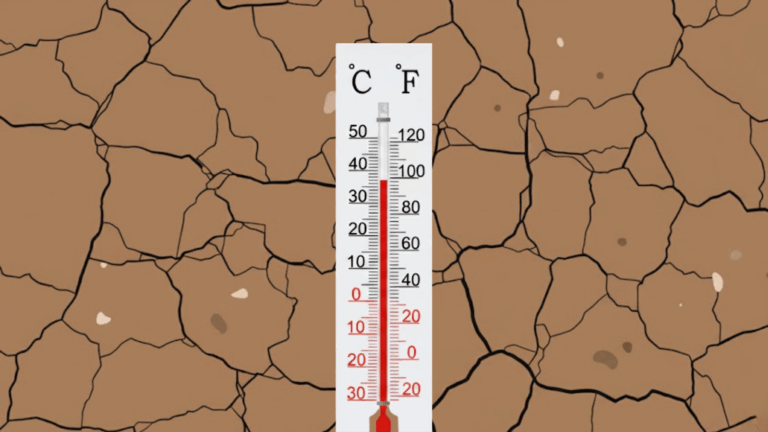This website uses cookies as well as similar tools and technologies to understand visitors’ experiences. By continuing to use this website, you consent to Columbia University’s usage of cookies and similar technologies, in accordance with the Columbia University Website Cookie Notice.
Getting Carbon Tax Rates Right
Past Event
September 17, 2019
6:00 pm - 7:30 pm
As presidential candidates, policymakers and businesses take a renewed interest in comprehensive federal climate policy, it’s clear that the details of any policy could make or break its success. Carbon taxes are frequently proposed as a cornerstone climate policy solution, but a chief concern for policymakers is how much to charge for each ton of carbon dioxide emissions. Please join leading experts at the Center on Global Energy Policy, the Environmental Defense Fund, and Tufts University to explore approaches for setting carbon tax rates and the implication of different choices, from emissions reductions to energy prices and economic outcomes. Panelists include: Susanne Brooks, Senior Director of U.S. Climate Policy & Analysis at the Environmental Defense Fund; Noah Kaufman, PhD, CGEP Research Scholar; and Gilbert E. Metcalf, PhD, John DiBiaggio Professor of Citizenship and Public Service and Professor of Economics at Tufts University. Dr. Metcalf will also give an overview of his book Paying for Pollution: Why a Carbon Tax is Good for America (Oxford Univ. Press, 2019), which examines the economic and social costs of climate change and the challenges of concerted action to reduce future losses due to damages of higher temperatures and more extreme weather. The book argues that that a thoughtfully and politically sensitive designed carbon tax could also contribute to an improved tax system, and compares the benefits of a carbon tax to other potential policies, such as cap and trade, to reduce the threats of climate change. — Guests unable to attend in person can register to view a livestream of the event. This event is open to press. Media should register for this event. Media inquiries or requests for interviews should be directed to Artealia Gilliard ([email protected]) or Genna Morton ([email protected]). Please note: RSVP to this event does not guarantee entry. Seating will be on a first-come, first-served basis until capacity is reached for both the public and press. Flash photography and video recording are prohibited. For more information contact: [email protected].
More Events
Human Rights and Climate Change Post-COP 30
This event is open to Columbia University students only. Join the Center on Global Energy Policy’s Women in Energy initiative for an interactive discussion on human rights and...

Exploring Energy Careers: Insights and Connections
*Registration is closed for this event. The Center on Global Energy Policy at Columbia University SIPA's Women in Energy initiative, in collaboration with the Columbia Policy Institute, invites...
Columbia SIPA

Transforming Fashion’s Footprint: Innovation and Business
While various efforts continue to be made to estimate fashion’s environmental footprint, major gaps remain in how to decarbonize material production and reshape business practices.
Room/Area: 1501

Follow the Capital: Investment and Careers in Climate
This event is at capacity, registration is closed. In the wake of federal rollbacks, climate professionals are increasingly turning to state and local governments, philanthropy, and the private...

Relevant
Publications
Climate Ambition and Electricity Affordability: Lessons from Connecticut

COP30 and Beyond: The Implications of a New Era of Discord in Global Climate Politics
As diplomats meet in Brazil for COP30, global resolve to tackle the climate challenge appears badly frayed.

Transforming Fashion’s Footprint: Business Models and Innovation for Circularity and Clean Energy
The fashion industry sits at the intersection of climate, energy, and consumption, facing growing pressure to cut emissions, transition to clean energy, and build circular systems across global supply chains.



